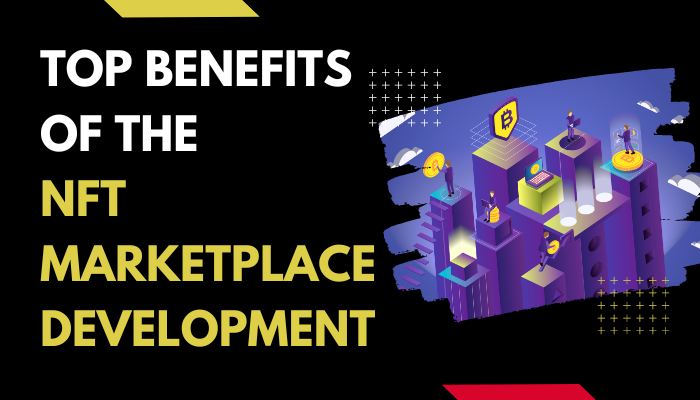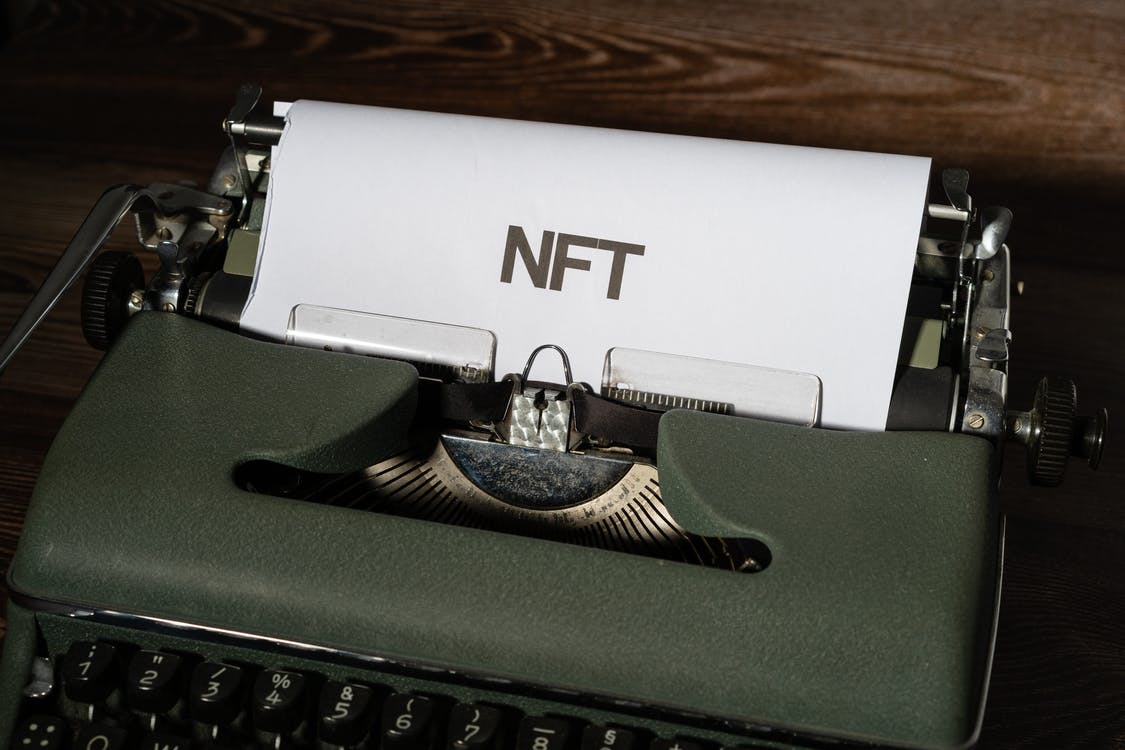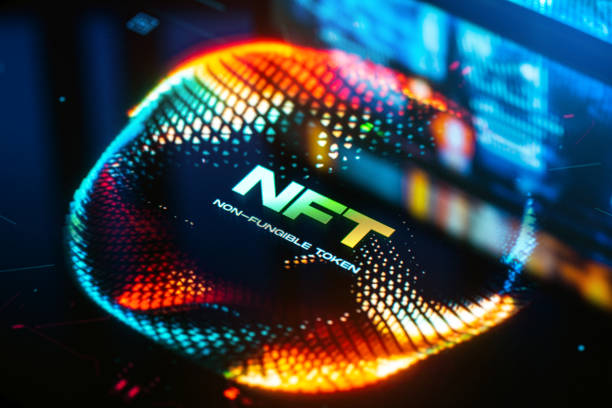

Choosing a niche for the NFT marketplace is crucial if you want to create a successful project. You can choose a single domain or a mix of domains to target. In either case, market research is required to know the target audience and the behavior of your competitors. You can also work on fixing the token protocol, tech stack, and revenue system during this phase. But the biggest benefit of this stage is that it gives you the time to work on your idea.
The use of NFTs in online markets is rapidly increasing and the lack of regulation facilitates high levels of activity and fervor. Despite their growing popularity, a number of limitations remain as obstacles to NFTs’ widespread adoption. The first requirement for digital artists is the programmatic conversion of their assets into NFTs. This requires a complex mechanism to create an encrypted, unique token. Moreover, the NFT process has several drawbacks, such as the inability to be decentralized. Therefore, the NFT market will provide specialized tools and applications to facilitate the trade in NFTs.
Moreover, the NFT Marketplace Development helps in minimizing the risk of failure in the development project. The Minimum Viable Product (MVP) will showcase the basic features of the platform and check its demand in the market. If there is a strong demand for the NFT marketplace, its owners will be able to add more features and update its features frequently. However, it is important to note that the MVP is not the final version of the platform.

The NFT Marketplace Development involves extensive collaboration among the stakeholders in the business, including buyers, sellers, and creators. It also requires considerable investments and cloud server hosting. During the development phase, the NFT marketplace developers will have to take care of a variety of aspects, including security, authorization, user management, and currency conversion. Additionally, they will handle marketing and the auction process. The project will also be documented, making it easy for all involved parties to understand and make the most of it.
Imagine a world where the functionality of a privilege card can be replicated through NFT markets. NFT marketplaces could use blockchain technology to verify digital asset transactions and time and date stamps. Similarly, if you bought a new pair of sneakers, you could sell it for a profit. You would not be responsible for paying the seller. In addition, you could sign a contract with the manufacturer, retaining a percentage of the sale. The result could be tens of thousands of dollars.

In addition to privilege card functionality, NFTs can also serve as gated collection entries. NFT marketplaces can replicate the functionality of a privilege card by offering subscription-based memberships that provide early access to exclusive NFT drops. This way, customers will be able to access a limited-edition product before anyone else. This subscription model is also perfect for companies with exclusive offerings. The popular brand Official has created its own branded NFT marketplace to replicate this function. Its customers can purchase physical products with an exclusive $OFCL brand token.
KnownOrigin is another trending NFT marketplace that lets you buy and sell exclusive digital fine art. Celebrities like T-Pain have hosted exclusive exhibitions there, and it also features work from prominent NFT artists. In addition to art, users can buy and sell CryptoPunk characters and even resell them on instagram. The process is simple and hassle-free. You can sign up by connecting your Google account and verifying your mobile number through SMS. You can pay with cryptocurrencies, credit cards, or Ethereum.
In addition to the functionality listed above, NFT marketplaces offer a variety of other features that enhance communication with users and increase user engagement. For example, NFT marketplaces can implement push notification systems that inform users of changes in bidding, new collectibles, and listing status. Some NFT marketplaces even have blogs. All of these features make building a non-fungible token marketplace a breeze.
There are two general types of NFT marketplaces. The first one supports a broader variety of NFTs but offers fewer generic services. The second one is highly specialized and offers a more full-service experience for buyers and sellers. To understand which one is right for your business, take a look at a few NFT marketplaces and see what features they offer. Then, make sure that they are easy to navigate and provide information about their services.
Depending on your niche, you can list different types of NFTs. Listing various types of NFTs will attract a wider audience. Some popular blockchains include Ethereum and the Binance Smart Chain. If you want to support several types, go ahead and build a multi-blockchain NFT marketplace. In addition to providing a user-friendly experience, NFT marketplaces should also incorporate a smart contract platform for transaction processing, which requires regulatory expertise.
Sign up to receive our email, delivering the latest stories straight to your inbox.
